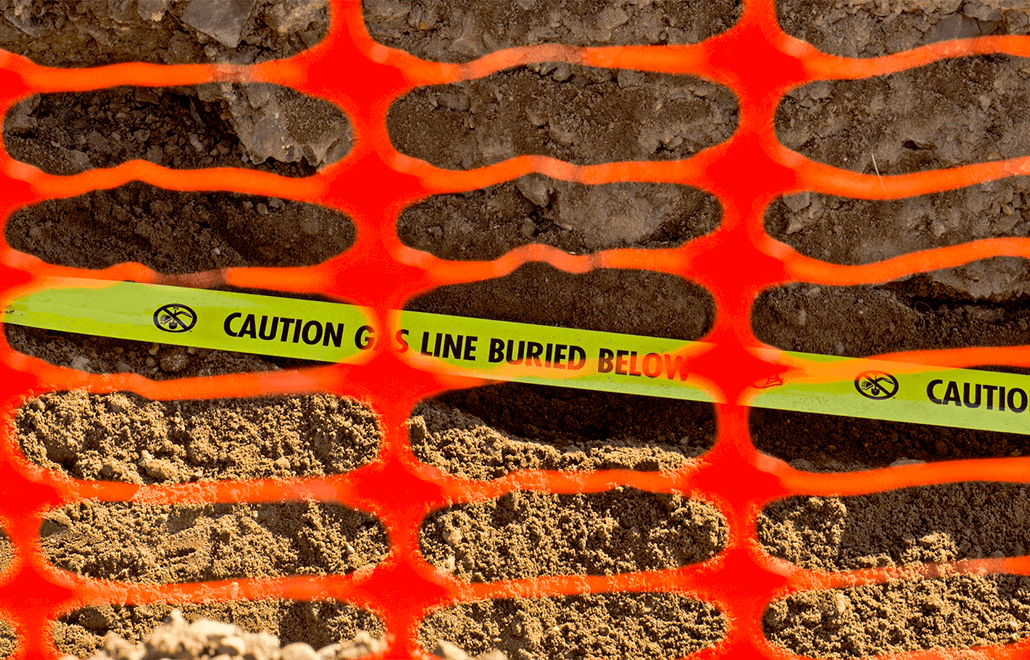
12 Sep Gas Line Safety 101: Essential Tips for Homeowners
Gas lines are a crucial part of your home’s infrastructure, providing the energy needed for heating, cooking, and more. While gas is a convenient and efficient energy source, it’s essential to prioritize safety to prevent potential hazards. In this blog post, FB Plumbing is here to share valuable gas line safety tips that every homeowner should know.
- Familiarize Yourself with Gas Line Components:
Understanding the basic components of your gas line system is the first step toward safety. Locate your gas meter and shut off the valve, ensuring you know how to turn off the gas supply in case of emergencies.
- Regular Inspections and Maintenance:
Schedule routine inspections by a professional to identify any potential gas leaks or issues. A certified technician can spot warning signs early, preventing hazardous situations.
- Educate Your Household:
Teach your family members about the importance of gas line safety. Make sure everyone knows how to recognize the smell of natural gas (rotten egg odor) and the steps to take in case of a suspected leak.
- Avoid DIY Gas Line Work:
Gas line repairs and installations require specialized training. Avoid attempting DIY repairs or modifications to your gas lines, as incorrect installations can lead to leaks and endanger lives.
- No Ignition Near Gas Lines:
Keep open flames, sparks, and ignition sources away from gas lines and appliances. This includes not smoking near gas-powered equipment.
- Ventilation Matters:
Adequate ventilation is crucial, especially in areas with gas-powered appliances. Ensure that ventilation systems are clear and functioning properly to prevent the buildup of harmful gases indoors.
- Stay Clear During Construction:
If you’re planning construction or landscaping projects, make sure your gas lines are clearly marked before digging. Accidentally hitting a gas line can result in leaks and emergencies.
- Install Carbon Monoxide Detectors:
Carbon monoxide is a colorless, odorless gas produced by incomplete combustion. Install carbon monoxide detectors near gas appliances and sleeping areas to provide an early warning of potential leaks.
- Professional Gas Line Inspections:
Regular professional inspections are critical. Trained technicians can identify even minor leaks and address them promptly before they escalate into dangerous situations.
Gas line safety should be a priority for every homeowner. By familiarizing yourself with gas line components, scheduling regular inspections, educating your household, and avoiding DIY work, you’re taking essential steps to prevent gas-related hazards. If you suspect a gas leak, follow safety protocols, evacuate the area, and contact the gas company and emergency services immediately. At FB Plumbing, we’re committed to ensuring your home’s gas line safety. If you need a gas line inspection or have concerns about your system, don’t hesitate to reach out to our professional team. Your safety is our top priority.
Sorry, the comment form is closed at this time.